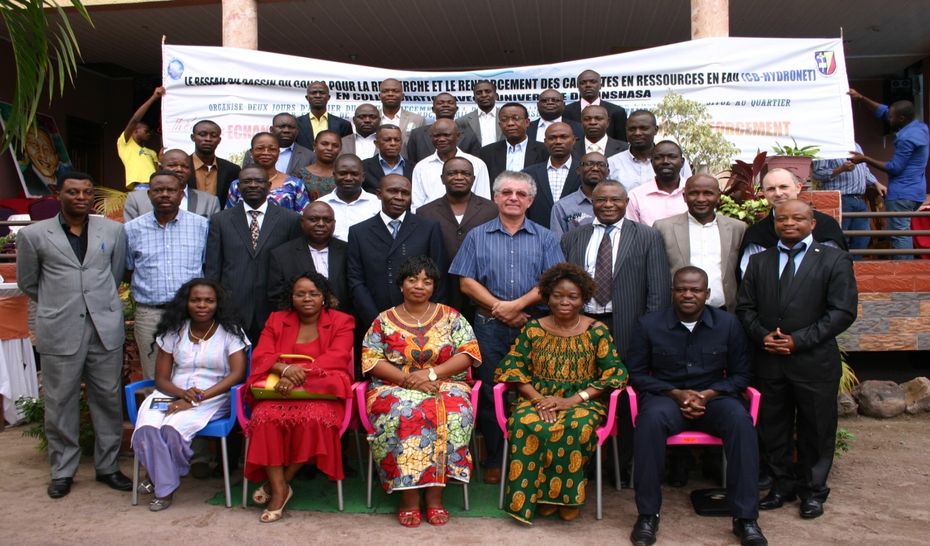
Workshop objectives
The objectives pursued by this workshop, which brought together professionals, researchers, educators, and other stakeholders working in the Congo Basin water sector, were:
Identify the main actors involved in research and capacity building activities in water resources in the Congo Basin, the priority areas of intervention and the existing links between different actors;
Identify the needs and challenges related to the implementation of research and capacity building programs in water resources in the Congo Basin;
Evaluate and identify approaches and means for effective implementation of capacity building activities in the Congo Basin.
The thematic areas explored during this workshop focused on knowledge management, capacity development and partnership strengthening; and in total, 9 oral presentations were made in order to:
Describe the current state of knowledge on the water resources of the Congo Basin and highlight the challenges linked to sustainable management;
Highlight the issue of managing water resources in the Congo Basin;
Highlight the difficulties of implementing different water resources management programs in the Congo Basin;
Illustrate some approaches currently applicable to the management of water resources in the Congo Basin: strengths, weaknesses and opportunities.
Identify challenges in terms of data collection and human capacities;
Identify efficient mechanisms for coordination and implementation of research and capacity building programs;
Identify the means, approaches and opportunities for implementing capacity building activities in sustainable water management;
Illustrate the approaches used for the implementation of IWRM.
The current state of the Congo Basin water resources sector was described (state of current knowledge).
The inventory of water resources management institutions, available capacities, partnerships and research and capacity building programs implemented.
Identification of research and capacity building needs in water resources in the Congo Basin.
In general, the recommendations that emerged from the discussions focused on:
An awareness of all stakeholders concerned, in particular: decision-makers, funders, researchers and users;
Strengthening collaboration between all these development actors in the water sector;
Promote knowledge through executive training to facilitate the use of data and the application of acquired knowledge;
Improved communication and information sharing between stakeholders;
Generate dynamics between research and development.
One of the major themes covered during this workshop was partnership strengthening, a few that stood out are demonstrated in the current section and the figure below shows an illustration of the logos of some of the partners both at national and international level. international.
The workshop was financially supported by the International Network for Capacity Building in Sustainable Water Management “CAP–NET UNDP”.
IRD experts, Drs. Alain Laraque and Gil Mahe, in collaboration with those from CB-HYDRONET, provided the technical aspects of the workshop.
The University of Kinshasa through the Faculty of Agricultural Sciences served as host of the workshop and seventeen institutions involved in the field of water resources in the Congo Basin took part in the workshop; these are CB–HYDRONET, CGEA, CNEAE, CICOS, CRGM, DRE/MECN, EEST, GIZ, GWP, INBTP, IRD, METTELSAT, MINAGRI, UNEP, REGIDESO, RVF.


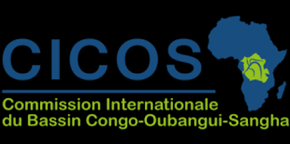




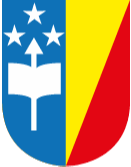

Around 50 participants from 17 institutions and six nationalities took part in this workshop. The following photos illustrate several stages of the workshop's evolution, and the table at the bottom represents the total list of participants.
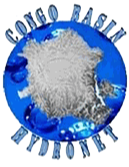
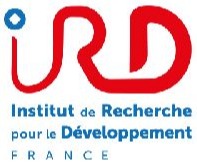
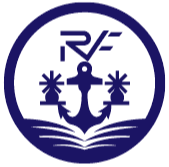


















Exchange of information on research and capacity building needs in water resources in the Congo Basin